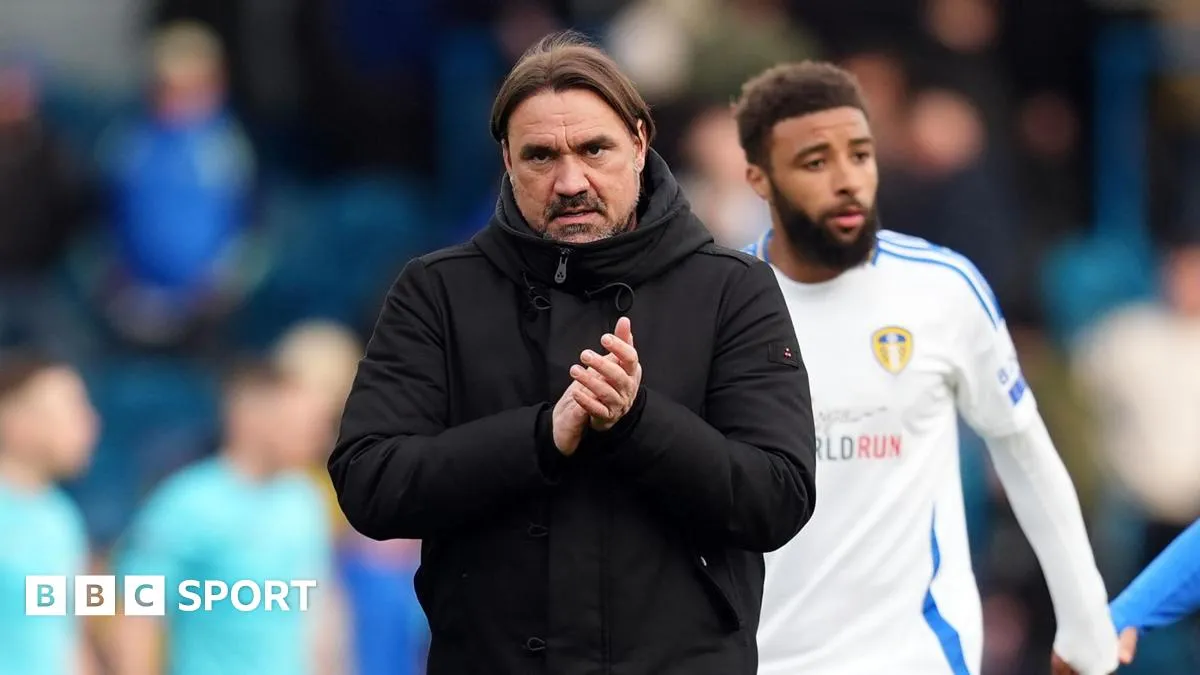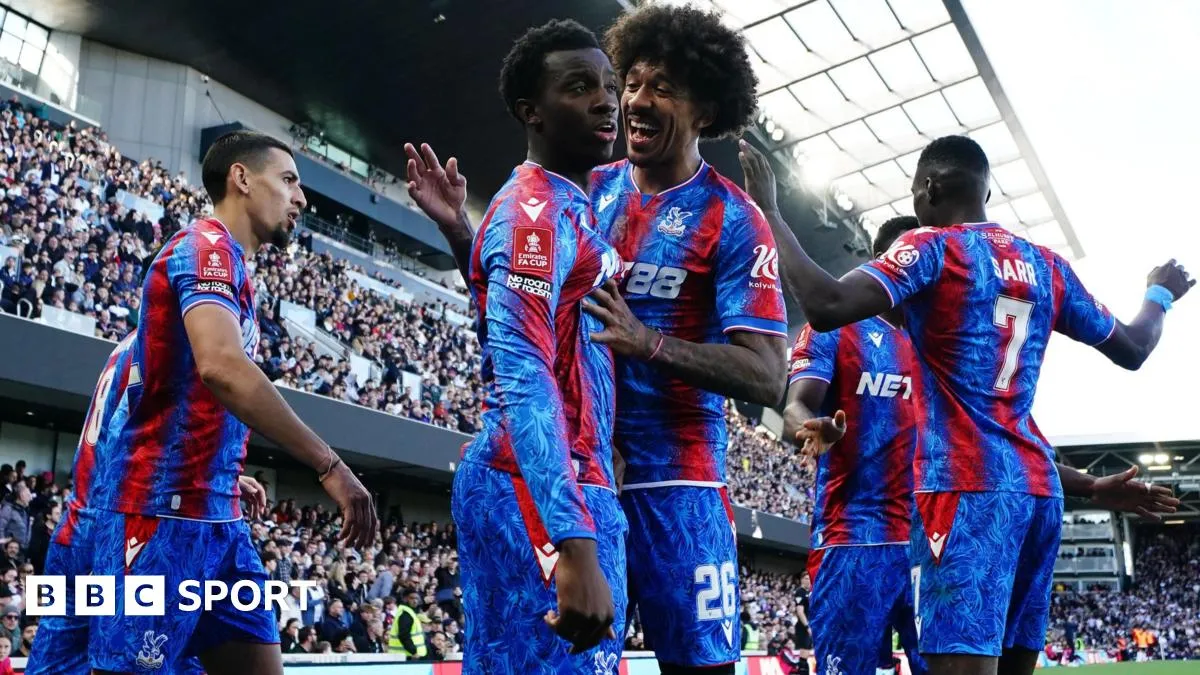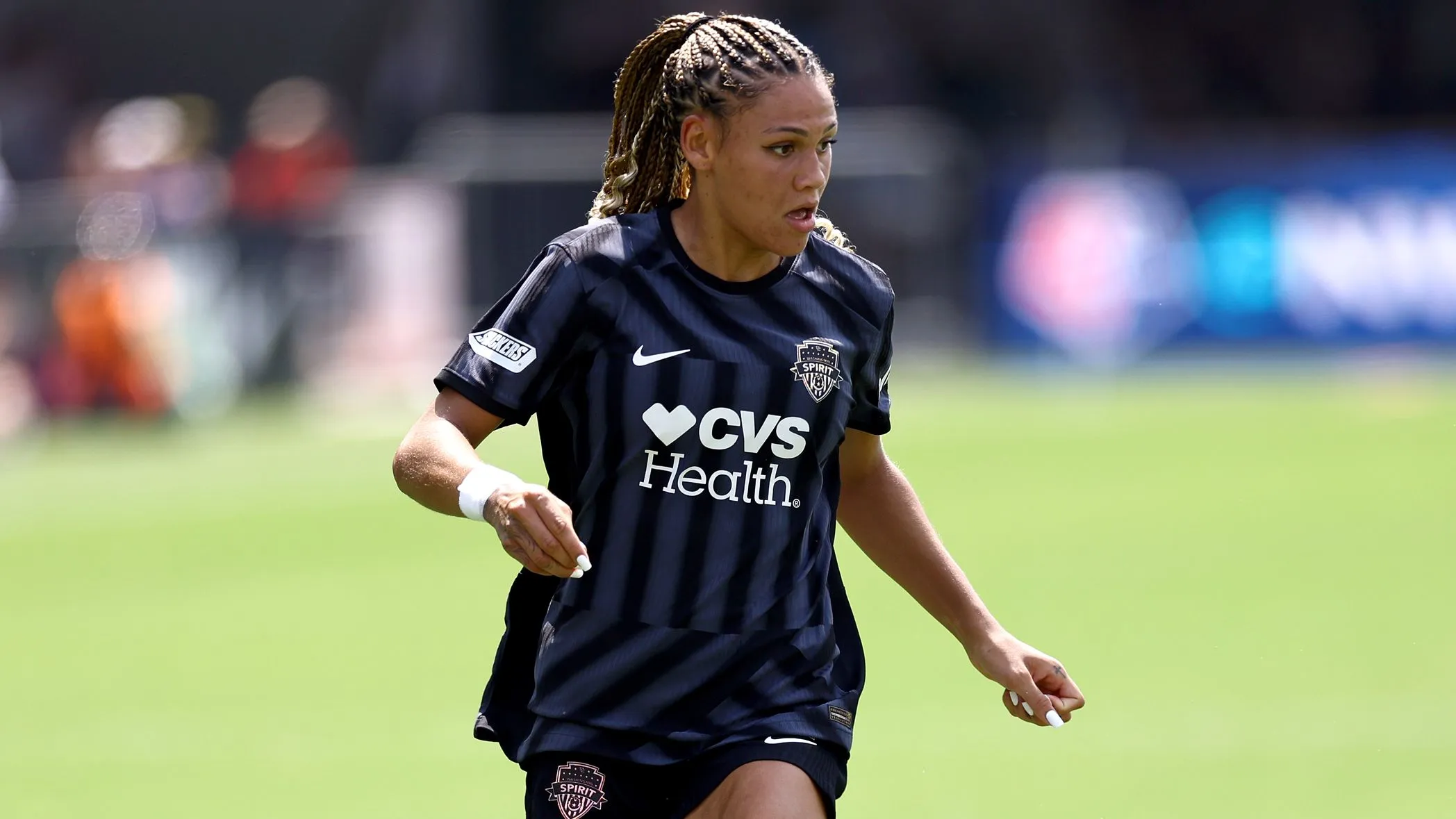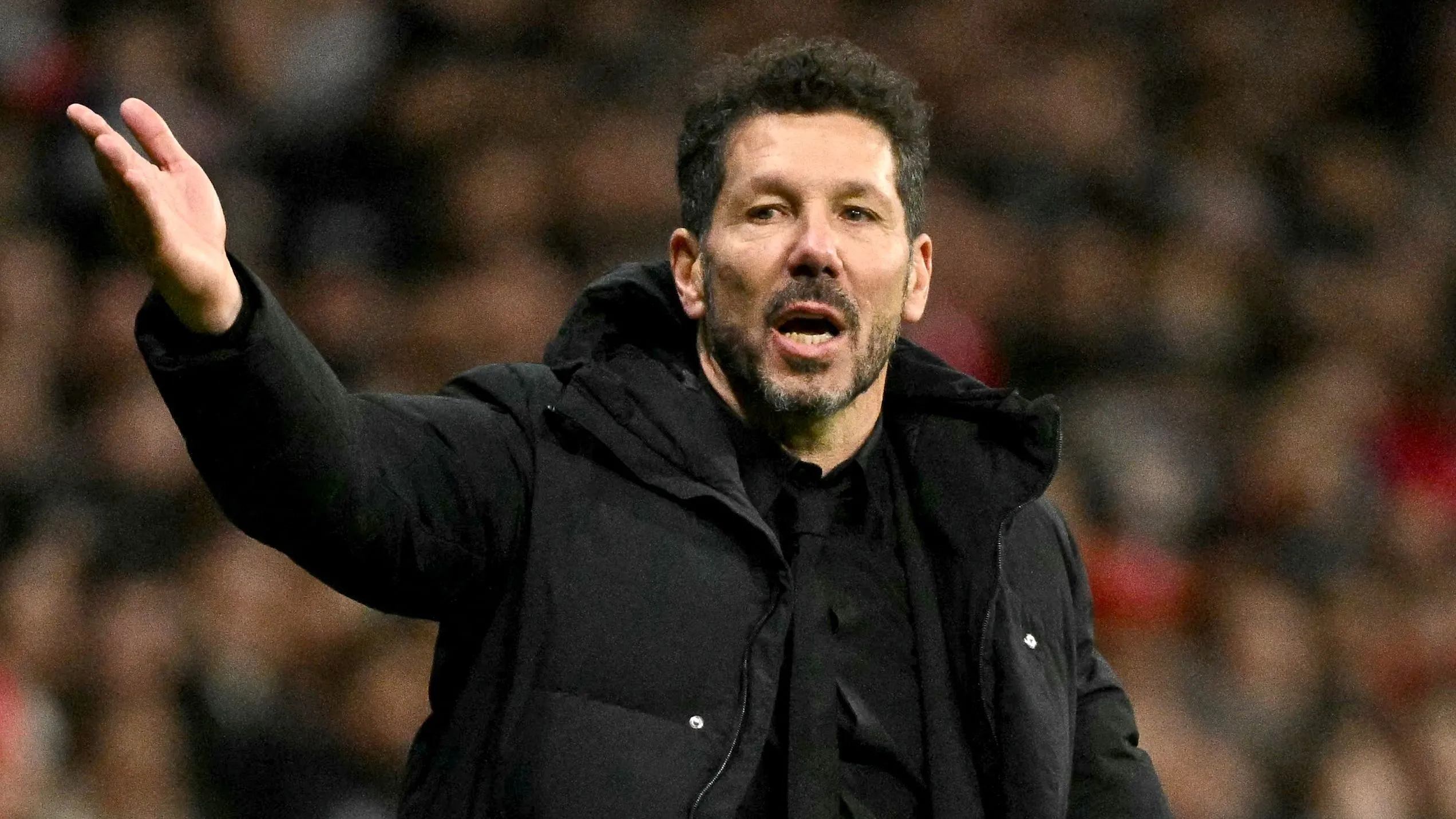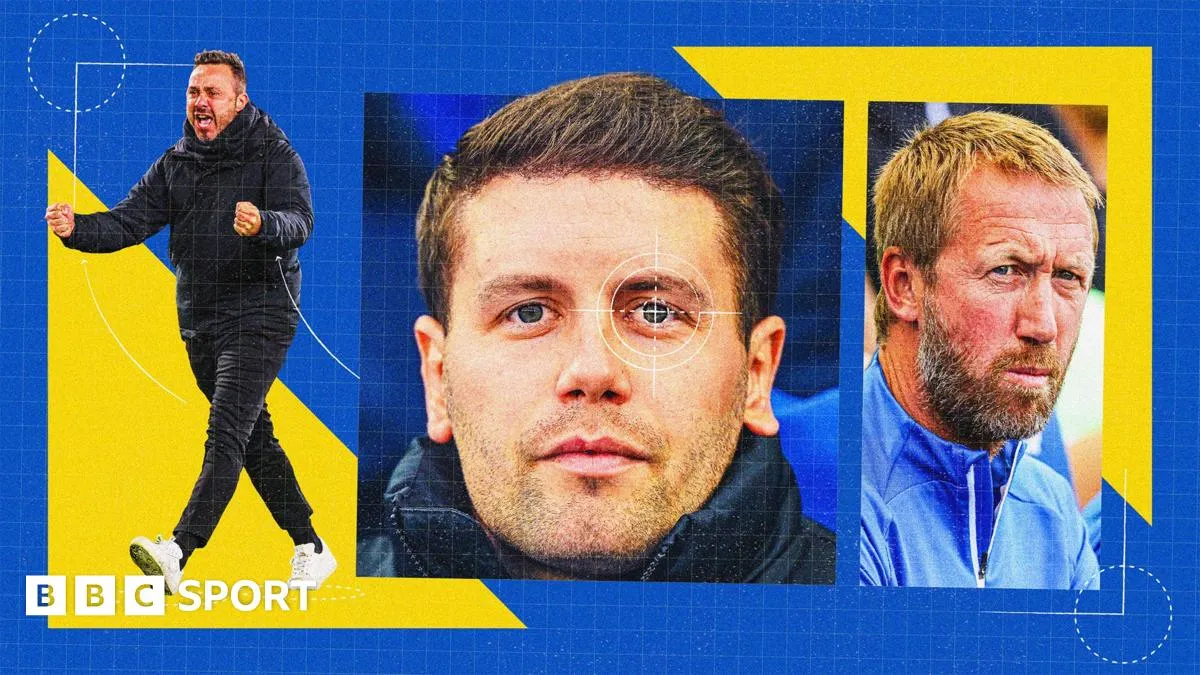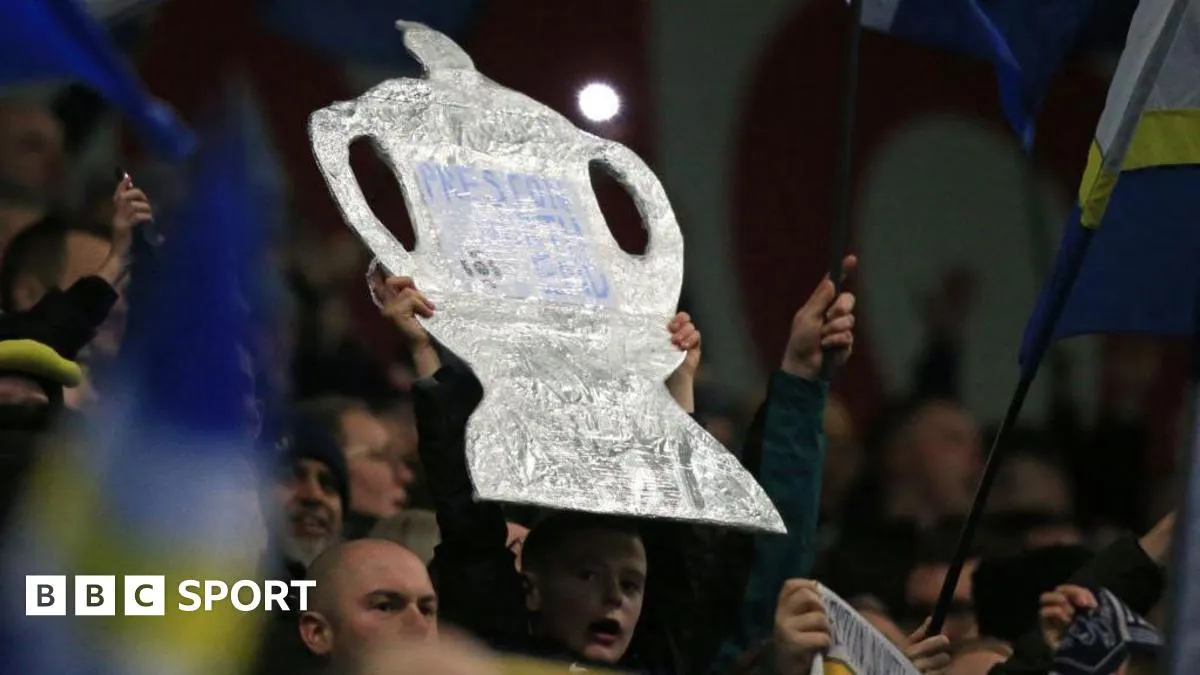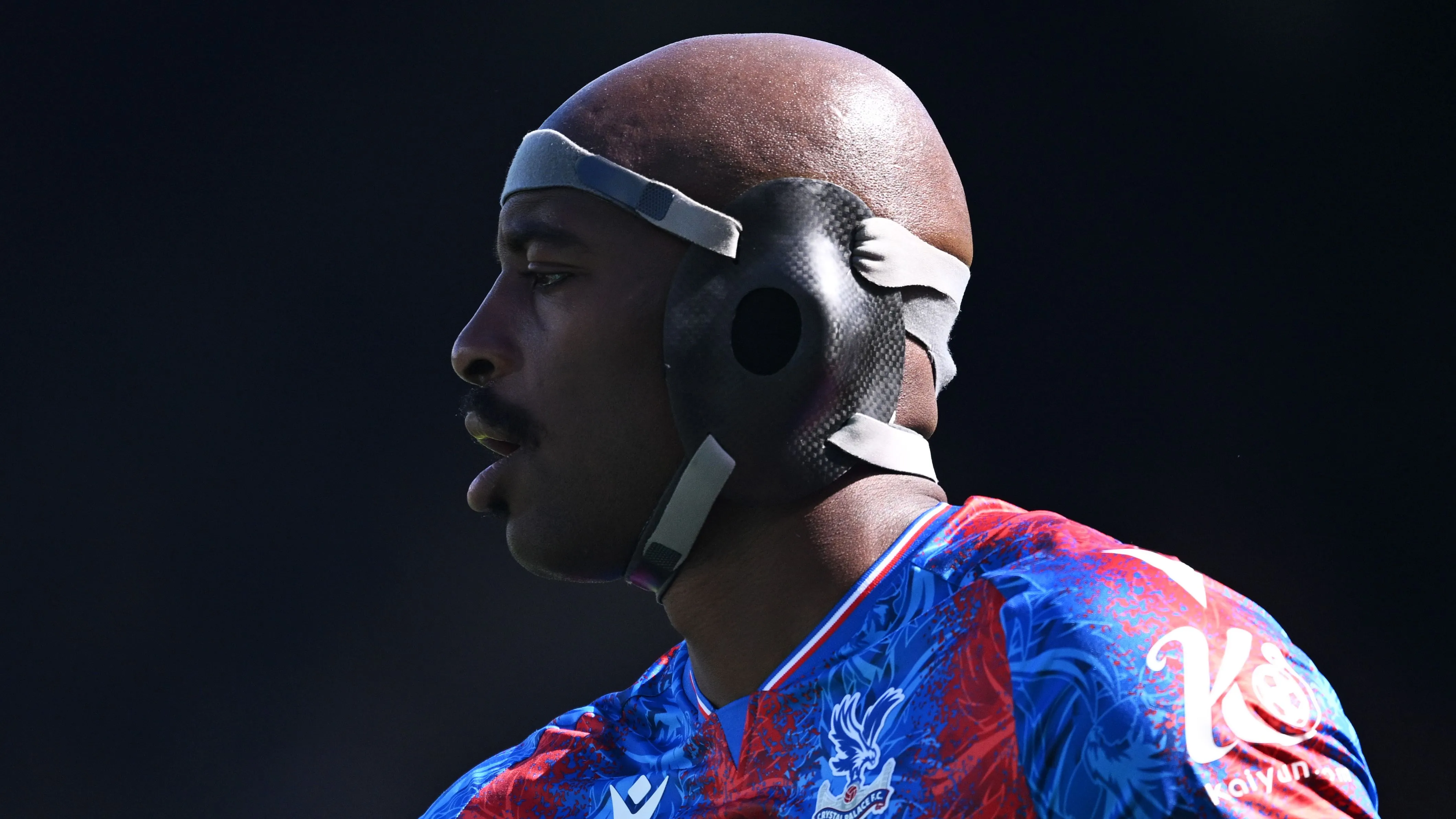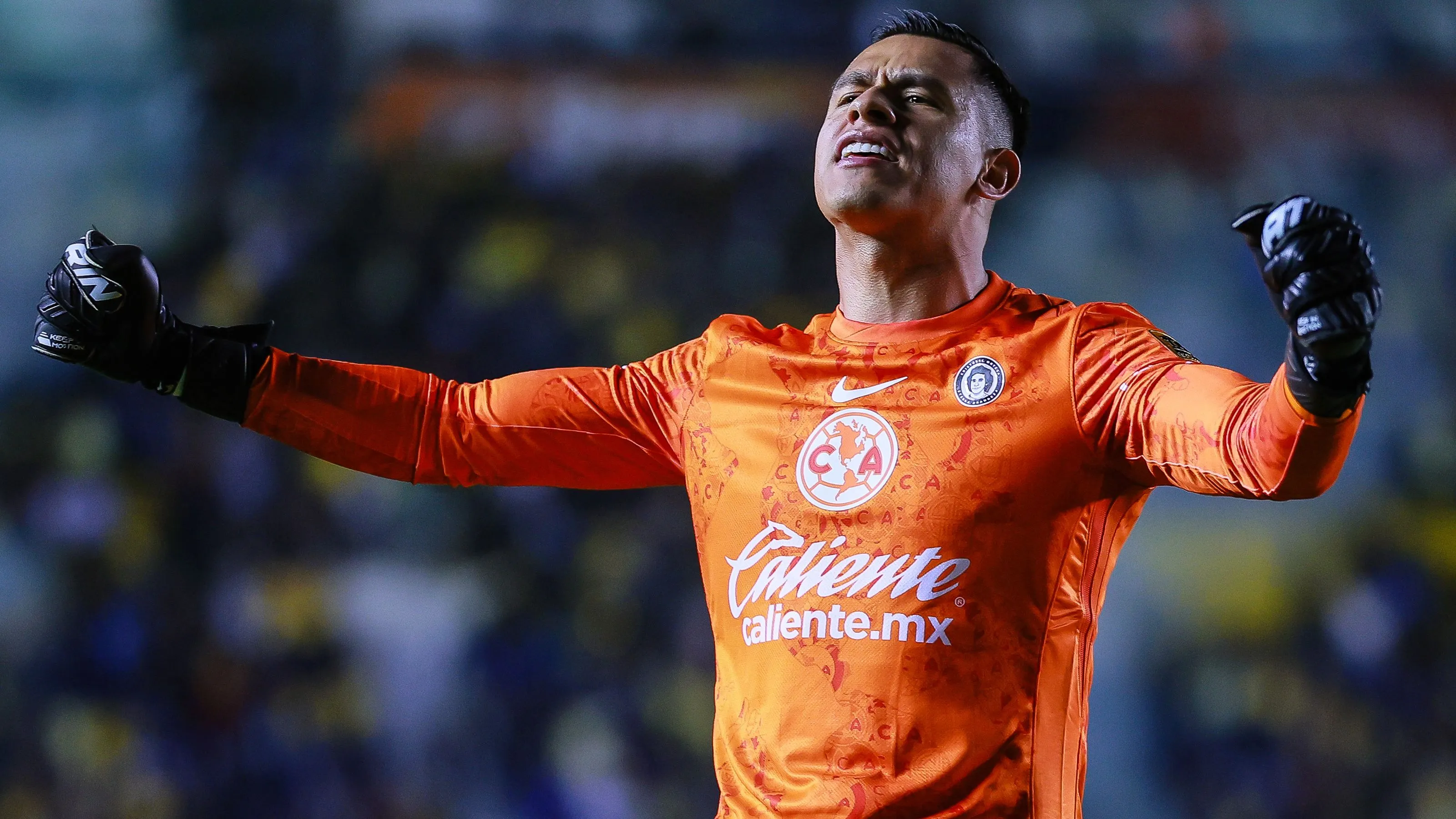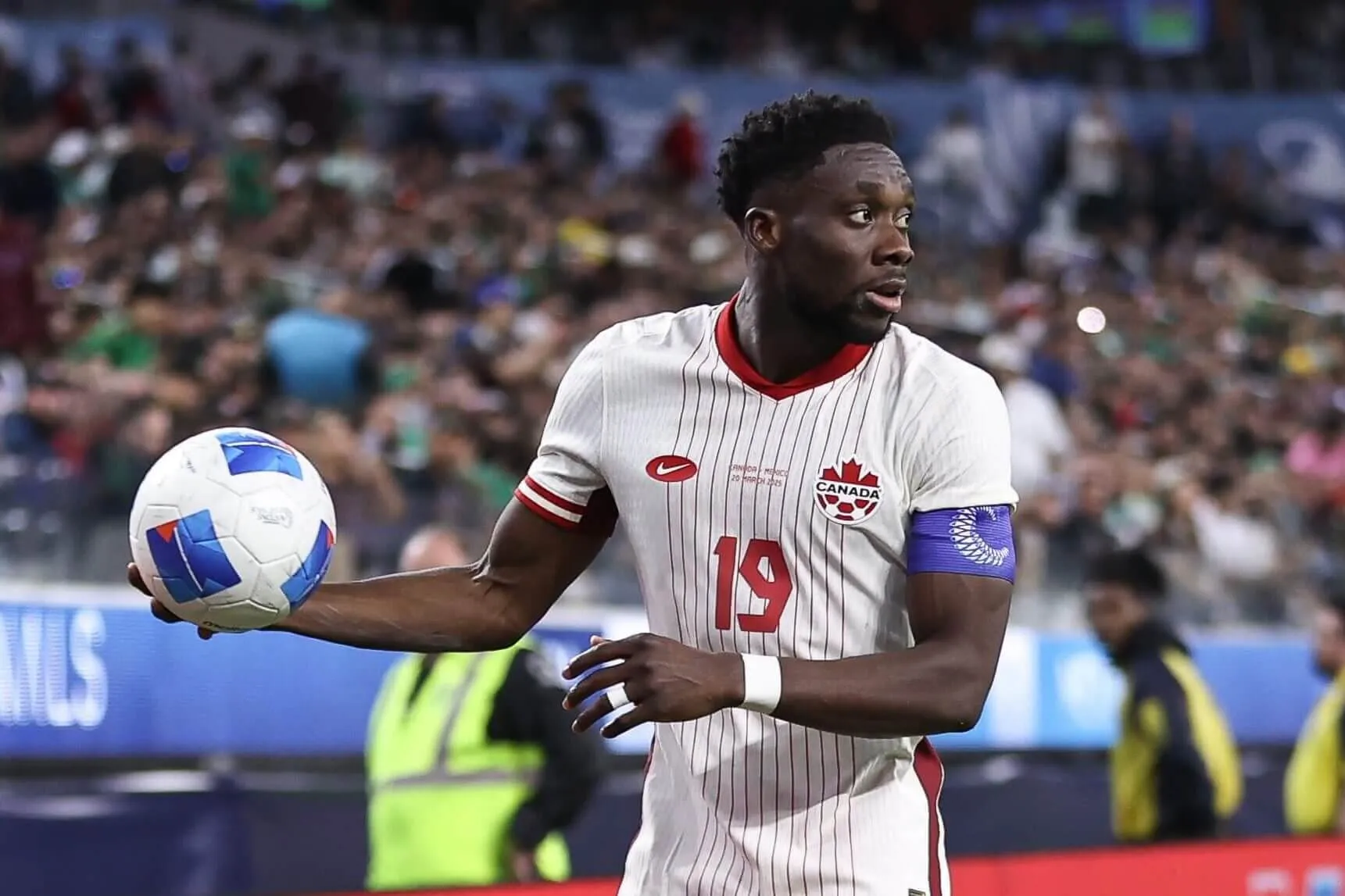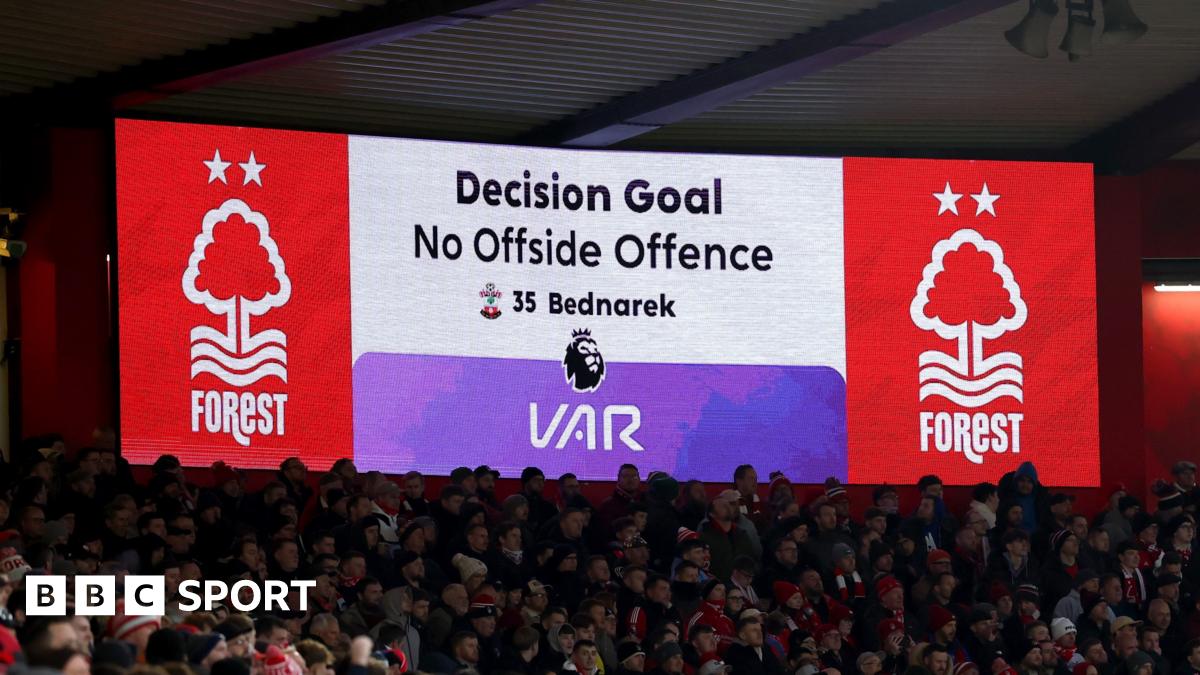
Premier League officials have reported a significant reduction in Video Assistant Referee (VAR) errors this season, with 13 mistakes identified through the first 23 rounds of matches, compared to 20 at the same point last season. The league's Key Match Incidents (KMI) panel has documented four incorrect VAR interventions and nine missed interventions across 239 league games.
Chief Football Officer Tony Scholes emphasized the critical nature of officiating decisions, stating, "Nobody here underestimates the significance and the impact of one single error. We know that one single error can cost clubs. Points and results can cost managers positions, potentially players their place."
Among the notable VAR errors was a controversial penalty decision in what would become Erik ten Hag's final match as Manchester United manager. The incident occurred during West Ham's 2-1 victory over Manchester United on October 27, when VAR Michael Oliver advised referee David Coote to review a challenge between Danny Ings and Mathijs de Ligt. The resulting penalty, converted by Jarrod Bowen, preceded Ten Hag's dismissal the following day.
Other significant VAR mistakes included the disallowed Dango Outtara goal in Bournemouth's 1-1 draw with Newcastle, Christian Noorgard's overturned red card in Brentford's match against Everton, and an incorrectly disallowed Nikola Milenkovic goal in Nottingham Forest's 3-2 victory over Southampton.
The league reports an improved accuracy rate for Key Match Incidents, rising to 96.4% from 95.7% in the previous season. This improvement comes amid ongoing challenges, including recent investigations into threats and abuse directed at referee Michael Oliver following Arsenal's 1-0 win over Wolves in January.
Looking ahead, the Premier League is making "significant progress" toward implementing semi-automated offside technology, which is already in use in FIFA and UEFA competitions. Scholes revealed that the system could reduce offside check times by 31 seconds, though he emphasized that the technology's primary benefit would be efficiency rather than improved accuracy. "This technology doesn't improve the accuracy, it makes the process more efficient," Scholes explained, adding, "Why wouldn't you introduce it if you are absolutely confident it is ready?"
The league's commitment to improving officiating standards comes at a time when referees face increasing scrutiny and pressure. Scholes called for more balanced commentary regarding officials, stating, "We cannot have the officials, such a key part of a successful and entertaining league, facing the kind of abuse that occurs on occasion. These guys are good. I know that is not always the perception, but the rest of the world recognizes how good they are."

